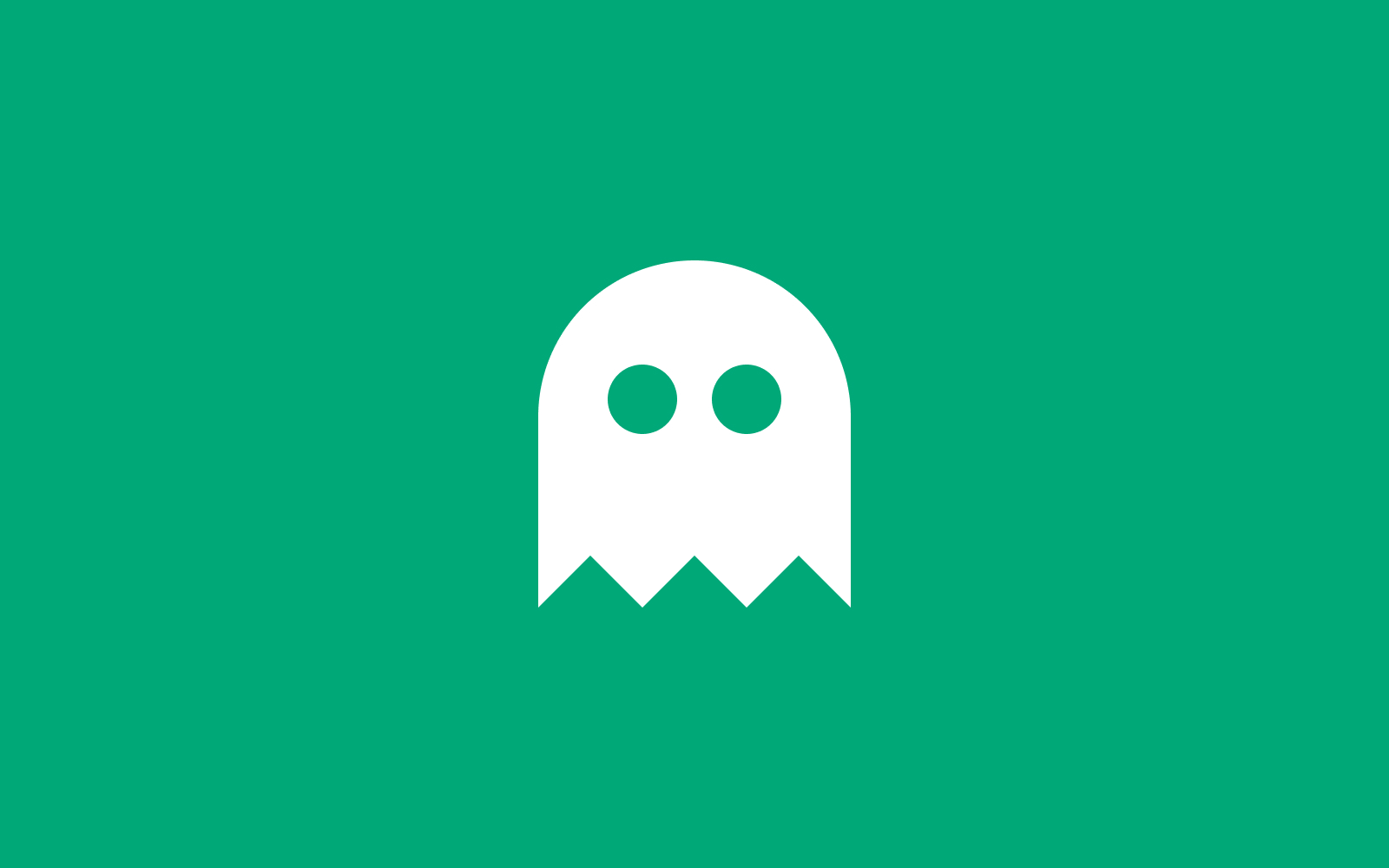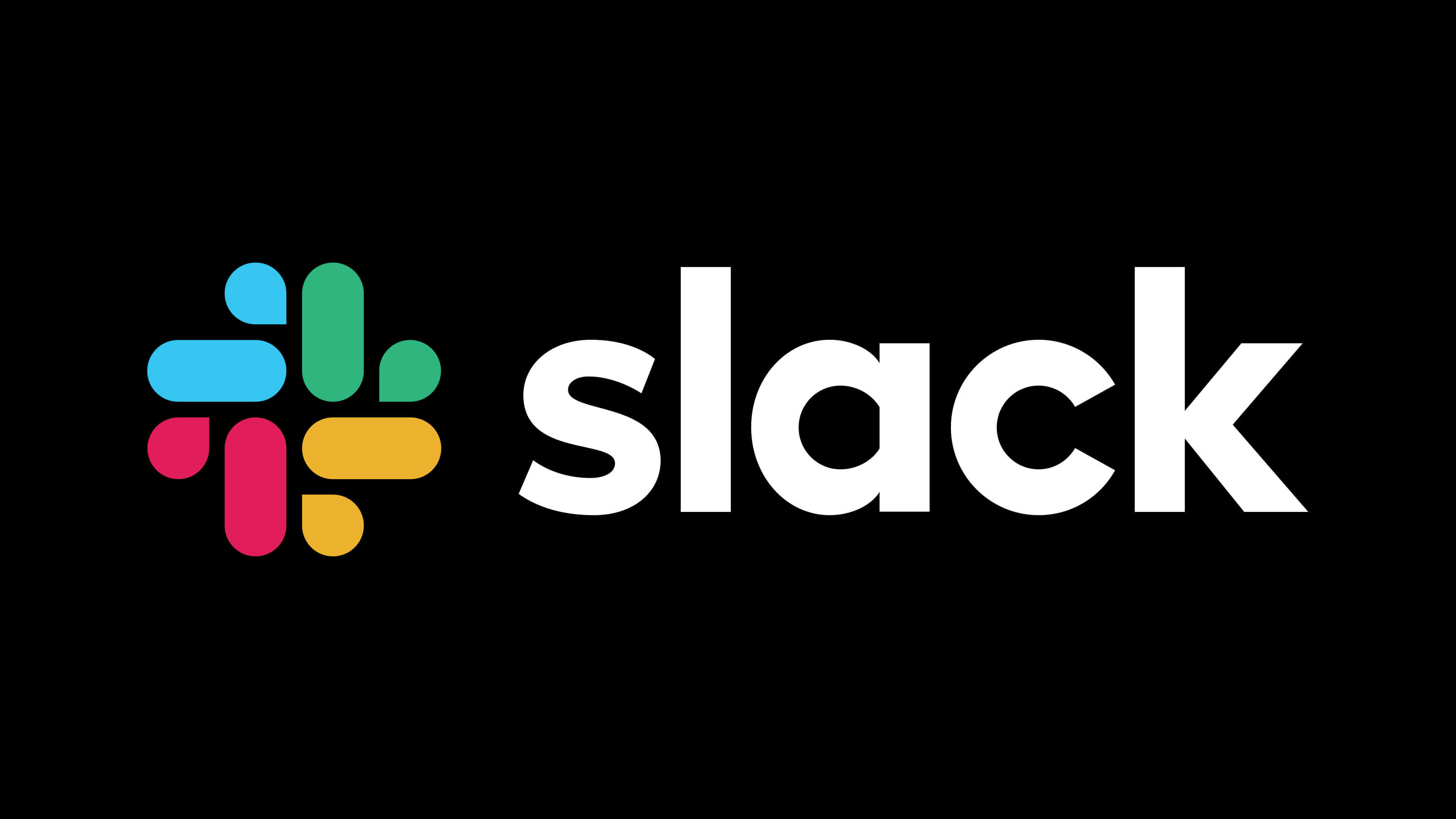What Are Consumer Services Jobs?

Consumer services jobs encompass a wide range of roles focused on providing services directly to individual consumers. These jobs are essential in various industries, including retail, hospitality, finance, and more. If you're considering a career in consumer services, this article will help you understand the different types of jobs available, the skills required, and the potential earnings in this field.
Understanding Consumer Services
Consumer services refer to the sector of the economy that provides services to individual consumers, rather than businesses. This can include everything from financial advice and healthcare to retail services and technical support. Essentially, any job that involves interacting with and providing assistance to consumers can be considered a part of the consumer services industry.
Types of Consumer Services Jobs
There are numerous roles within consumer services, catering to various interests and skill sets. Some of the most common types of consumer services jobs include:
- Customer Service Representatives: These professionals handle customer inquiries, complaints, and provide information about products and services.
- Retail Sales Associates: Work in stores to assist customers in finding products, making purchases, and answering questions.
- Technical Support Specialists: Provide assistance to customers experiencing technical issues with products or services.
- Financial Advisors: Offer financial planning and advice to individual clients.
- Healthcare Service Workers: Provide non-medical support services in healthcare settings, such as patient transport or administrative assistance.
- Hospitality Staff: Work in hotels, restaurants, and other hospitality settings to ensure a positive experience for guests.
Best Paying Jobs in Consumer Services
While consumer services jobs can vary widely in terms of pay, some positions are known for offering higher salaries. Here are a few of the best paying jobs in the consumer services sector:
- Financial Advisors: Financial advisors can earn a substantial income, especially those who manage large portfolios or work with high-net-worth clients. The median annual wage for personal financial advisors was $89,330 in 2020, according to the Bureau of Labor Statistics (BLS).
- Sales Managers: Responsible for directing an organization's sales team, sales managers can earn a median salary of $132,290 per year (BLS, 2020).
- Customer Service Managers: Overseeing customer service teams and ensuring customer satisfaction, these managers can earn around $57,000 to $80,000 annually, depending on the industry and location.
- Technical Support Managers: Leading teams that provide technical support, these professionals can earn a median salary of $110,140 per year (BLS, 2020).
- Hospitality Managers: These managers oversee operations in hotels, resorts, and other hospitality venues. Their median annual wage is approximately $56,670 (BLS, 2020).
Skills Required for Consumer Services Jobs
Working in consumer services requires a specific set of skills to succeed. Here are some of the most important skills for professionals in this field:
- Communication: Excellent verbal and written communication skills are crucial for interacting with customers effectively.
- Problem-Solving: Ability to quickly identify issues and find effective solutions.
- Patience: Remaining calm and patient when dealing with challenging customers or situations.
- Technical Proficiency: For technical support roles, understanding the products and services you're supporting is essential.
- Empathy: Being able to understand and share the feelings of customers helps build rapport and improve customer satisfaction.
How to Get Started in Consumer Services
Starting a career in consumer services can be straightforward, especially for entry-level positions. Here are some steps to help you get started:
- Research the Industry: Learn about the various roles within consumer services to find one that matches your interests and skills.
- Gain Relevant Experience: Internships, part-time jobs, or volunteer work can provide valuable experience and help you build your resume.
- Develop Key Skills: Focus on building the skills mentioned earlier, such as communication and problem-solving.
- Network: Connect with professionals in the industry through networking events, LinkedIn, and other platforms.
- Apply for Jobs: Look for job openings in your area of interest and apply with a tailored resume and cover letter.
Job Availability and Industry Growth
The consumer services industry is vast and continually growing. According to the BLS, employment in service occupations is projected to grow by 10% from 2020 to 2030, adding about 2.6 million new jobs. This growth is driven by an increasing demand for personal services, health care, and financial advice as the population continues to grow and age.
Top Companies Hiring in Consumer Services
Many well-known companies regularly hire for consumer services roles. Some of the top companies in this sector include:
- Amazon: With its vast customer base, Amazon hires for a variety of customer service and technical support roles.
- Apple: Known for its customer-centric approach, Apple offers numerous positions in customer support and retail.
- Walmart: As one of the largest retailers, Walmart has extensive opportunities in customer service and sales.
- Bank of America: This financial institution hires for roles such as financial advisors and customer service representatives.
- Hilton Hotels: A leader in the hospitality industry, Hilton offers a range of jobs in guest services and management.
Conclusion
Consumer services jobs are diverse and offer numerous opportunities for those interested in helping and interacting with customers. Whether you're looking for an entry-level position or a high-paying career, there's something for everyone in this field. By understanding the different types of jobs available, the skills required, and the potential earnings, you can make an informed decision about pursuing a career in consumer services.
Frequently Asked Questions

Stephen Leshko
Stephen Leshko is the CTO of OfferPilot, where he drives technological innovation and development. With a deep passion for artificial intelligence, he focuses on integrating AI solutions to enhance the job search experience for users.
You should also check out


